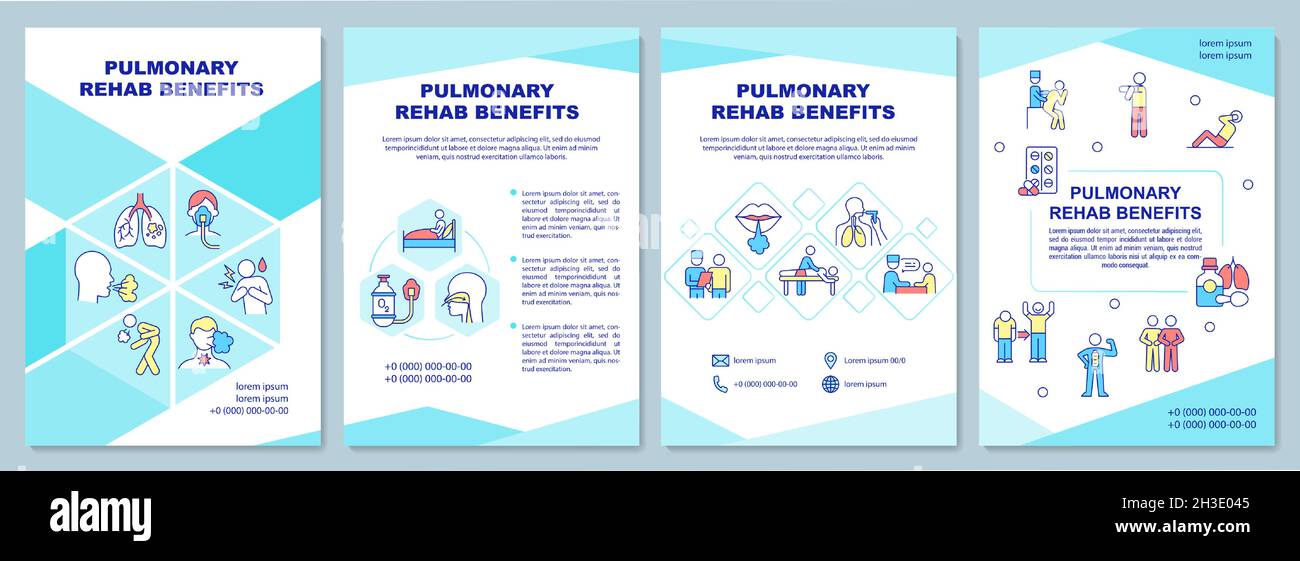Excitement About Narconon Africa
Table of ContentsThe Basic Principles Of Narconon Africa Getting My Narconon Africa To Work5 Easy Facts About Narconon Africa ExplainedUnknown Facts About Narconon AfricaAll About Narconon AfricaNarconon Africa Things To Know Before You Get This3 Simple Techniques For Narconon Africa
In a series of papers with Manudeep Bhuller and Katrine V. Lken, we get over these information obstacles and the nonrandomness of jail time, using brand-new insights into how incarceration influences relapse, work, kids, and criminal networks - Drug addiction help. Figure 1 Our job researches the effects of imprisonment in Norway, a setup with 2 key advantagesWe can better connect this details to various other member of the family, including children and siblings. We have details on co-offending that permits us to map out criminal networks for observed crimes. Second, we can leverage the random job of criminal cases to judges that vary in their propensities to send defendants to jail.
Some courts send defendants to jail at a high rate, while others are more forgiving. We gauge a judge's stringency as the ordinary incarceration rate for all various other instances a judge deals with, after regulating for court and year set impacts, which is the level of random task. This quasi-random project of court stringency can be utilized as an instrument for imprisonment, as it strongly forecasts the judge's choice in the present case, yet is uncorrelated with other instance attributes both by design and empirically.
The 2-Minute Rule for Narconon Africa
Attributes of prisoners, including demographics and criminal activity categories, are extensively comparable in Norway and other nations, consisting of the United States, with the exemptions that the US homicide price is a lot higher, and race plays a larger function there too. What sticks out as various, especially compared with the United States, is the prison system.
Figure 2In Norway, the ordinary time invested in jail is a little over 6 months, which is comparable to most other Western European countries. This contrasts with average US prison time of nearly 3 years, which remains in big component the reason the United States is an outlier in its incarceration rate compared with the rest of the world [Figure 1]
The Greatest Guide To Narconon Africa
This offers a lot more splitting up in between minor and solidified lawbreakers than exists in the USA. There is no overcrowding in Norwegian jails and far better personal safety, with each detainee being designated to their own cell and a greater inmate-to-staff proportion than in the United States (https://hub.docker.com/u/narcononza12). Prisons in Norway likewise use well-funded education and learning, medicine treatment, mental health, and work training programs
Our study on the effects of imprisonment on the wrongdoer, making use of the arbitrary project of judges as an instrument, yields 3 vital searchings for. Initially, jail time discourages even more criminal habits. We discover that imprisonment decreases the chance that a person will reoffend within five years by 27 percentage points and lowers the equivalent variety of criminal fees per individual by 10 costs.
An Unbiased View of Narconon Africa
We discover substantial reductions in reoffending likelihoods and advancing billed crimes also after defendants are launched from prison. Our 2nd result is that predisposition due to option on unobservable private attributes, if overlooked, causes the erroneous verdict that time spent in jail is criminogenic. If we simply contrast criminal defendants imprisoned versus those not sentenced, we locate positive associations in between incarceration and subsequent crime.
This stands in contrast to our evaluation based upon the random job of courts, which finds an opposite-signed outcome. Third, the reduction in crime is driven by individuals who were not functioning before incarceration. Among these people, imprisonment enhances participation in programs directed at enhancing employability and lowering recidivism, and this eventually increases employment and earnings while dissuading criminal behavior.

Imprisonment causes a 34 portion factor rise in engagement in job training programs for the previously nonemployed, and within 5 years their employment rate boosts by 40 percent points. At the exact same time, the possibility of reoffending within 5 years is reduced by 46 percentage points, and there is a decline of 22 in the typical variety of criminal costs.
Narconon Africa for Dummies

A probable description for the distinction is that Norway's prison system varies significantly, both in terms of prison-term size and prison conditions, from the US jail system. While understanding the impacts of incarceration on the transgressor is a crucial primary step, capturing spillover results is likewise important for examining criminal justice plan and creating effective jail systems.
Narconon Africa - Questions

Average least squares approximates reveal that kids of incarcerated papas are 1 percentage point most likely to be charged with a criminal activity, about a mean of 13 percent, and show no effect on institution grades. Using our court stringency tool, we discover no analytical proof that a daddy's imprisonment affects a child's own criminal offense or institution qualities, however we are unable to dismiss modest-sized results.
Everything about Narconon Africa
We specify criminal groups based upon network web links to previous criminal situations. Our analysis returns three main findings. When a criminal network member is incarcerated, their peers' likelihood of being charged with a future criminal activity lowers by 51 percentage points over the next 4 years. Also, having an older bro put behind bars minimizes the probability his more youthful brother will be charged with a criminal offense by 32 portion factors over the following four years.